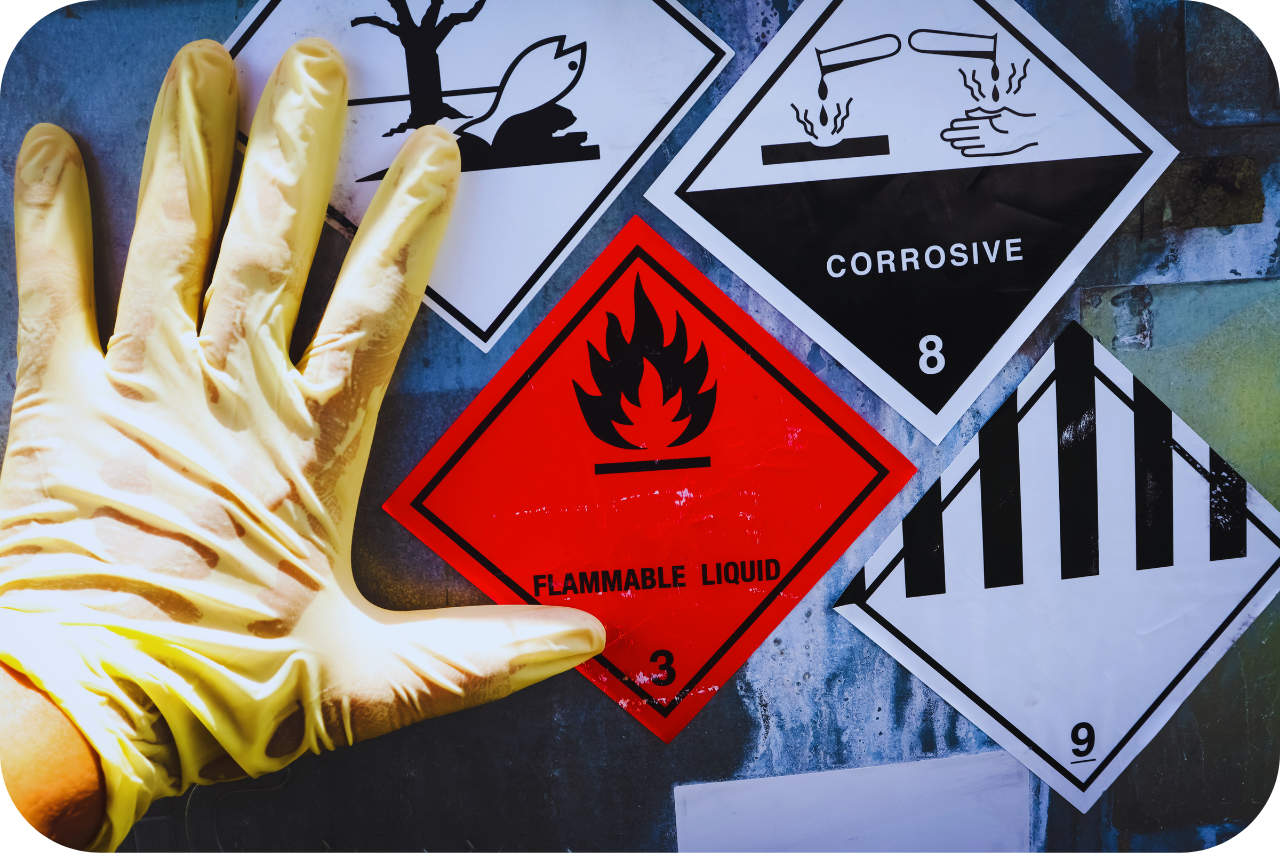Indicators on Roar Solutions You Should Know
Indicators on Roar Solutions You Should Know
Blog Article
Roar Solutions Things To Know Before You Get This
Table of Contents6 Simple Techniques For Roar SolutionsNot known Factual Statements About Roar Solutions Roar Solutions Things To Know Before You Buy
In such an atmosphere a fire or explosion is feasible when 3 fundamental conditions are satisfied. This is commonly referred to as the "dangerous area" or "burning" triangular. In order to protect installations from a potential surge an approach of analysing and identifying a potentially dangerous area is required. The objective of this is to make certain the proper option and installation of devices to ultimately stop a surge and to ensure security of life.
(https://www.40billion.com/profile/91601565)
No equipment ought to be installed where the surface area temperature level of the devices is more than the ignition temperature level of the given hazard. Below are some common dust unsafe and their minimal ignition temperature. Coal Dust 380C 225C Polythene 420C (melts) Methyl Cellulose 420C 320C Starch 460C 435C Flour 490C 340C Sugar 490C 460C Grain Dirt 510C 300C Phenolic Material 530C > 450C Aluminium 590C > 450C PVC 700C > 450C Residue 810C 570C The likelihood of the hazard being present in a concentration high enough to cause an ignition will vary from area to area.
Harmful area electrical tools perhaps made for use in greater ambient temperatures. Area Fixing By Authorised Employee: Complex testing might not be called for however details procedures may need to be adhered to in order for the devices to preserve its third party rating. Each item of devices with an unsafe ranking must be assessed separately.
Roar Solutions for Dummies
The equipment register is a thorough database of equipment documents that includes a minimum collection of areas to recognize each item's place, technological criteria, Ex classification, age, and ecological information. This details is essential for monitoring and handling the tools efficiently within unsafe areas. In comparison, for periodic or RBI sampling inspections, the quality will certainly be a combination of Detailed and Close assessments. The proportion of Thorough to Close assessments will be identified by the Devices Threat, which is assessed based upon ignition threat (the possibility of a source of ignition versus the chance of a flammable ambience )and the unsafe area category
( Area 0, 1, or 2). This variant will likewise affect the resourcing needs for work preparation. When Great deals are specified, you can develop sampling plans based upon the example size of each Great deal, which describes the variety of random tools things to be inspected. To establish the required sample size, 2 aspects need to be assessed: the dimension of the Lot and the category of evaluation, which indicates the level of effort that ought to be used( reduced, normal, or increased )to the inspection of the Lot. By combining the group of assessment with the Whole lot dimension, you can after that develop the proper being rejected criteria for an example, implying the allowable variety of faulty items discovered within that example. For even more details on this process, please refer to the Energy Institute Standards. The IEC 60079 basic recommends that the maximum period between assessments must not surpass 3 years. EEHA evaluations will likewise be carried out beyond RBI projects as component of set up upkeep and equipment overhauls or repair services. These examinations can be credited toward the RBI example dimensions within the impacted Lots. EEHA examinations are performed to determine faults in electric devices. A weighted racking up system is necessary, as a solitary tool may have numerous faults, each with differing degrees of ignition risk. If the mixed score of both evaluations is much less than twice the fault rating, the Great deal is regarded acceptable. If the Whole lot is still considered inappropriate, it must undergo a full examination or reason, which may cause more stringent evaluation procedures. Accepted Whole lot: The root causes of any type of mistakes are recognized. If a typical failing setting is located, extra equipment might call for maintenance. Mistakes are classified by extent( Security, Stability, Housekeeping ), making certain that urgent problems are assessed and resolved without delay to alleviate any type of influence on safety and security or operations. The EEHA data source need to track and record the lifecycle of mistakes along with the rehabilitative actions taken. Implementing a durable Risk-Based Assessment( RBI )strategy is important for guaranteeing conformity and safety and security in managing Electrical Tools in Hazardous Locations( EEHA) (hazardous area electrical course). Automated Mistake Rating and Lifecycle Administration: Easily handle faults and track their lifecycle to improve evaluation precision. The introduction Visit This Link of this support for risk-based evaluation additionally enhances Inspectivity's setting as a best-in-class solution for governing compliance, in addition to for any type of asset-centric assessment use case. If you want learning extra, we invite you to ask for a demo and discover how our remedy can change your EEHA administration processes.
The 6-Second Trick For Roar Solutions

In terms of explosive threat, an unsafe location is an atmosphere in which an explosive ambience is existing (or may be expected to be existing) in quantities that require unique precautions for the building and construction, installment and use equipment. Roar Training Solutions. In this article we explore the difficulties faced in the workplace, the threat control actions, and the needed competencies to work securely
It issues of modern-day life that we produce, store or manage a range of gases or fluids that are deemed combustible, and a variety of dirts that are deemed flammable. These substances can, in particular conditions, develop explosive ambiences and these can have major and unfortunate consequences. A lot of us are acquainted with the fire triangular remove any kind of one of the three aspects and the fire can not occur, however what does this mean in the context of hazardous areas? When damaging this down right into its simplest terms it is essentially: a combination of a specific amount of release or leakage of a specific material or product, blending with ambient oxygen, and the existence of a resource of ignition.
In the majority of circumstances, we can do little concerning the levels of oxygen airborne, however we can have considerable impact on resources of ignition, as an example electrical devices. Harmful areas are recorded on the unsafe location category illustration and are identified on-site by the triangular "EX" sign. Right here, amongst other essential info, zones are split into three types depending upon the danger, the likelihood and duration that an eruptive ambience will certainly exist; Area 0 or 20 is regarded one of the most hazardous and Zone 2 or 22 is regarded the least.
Report this page